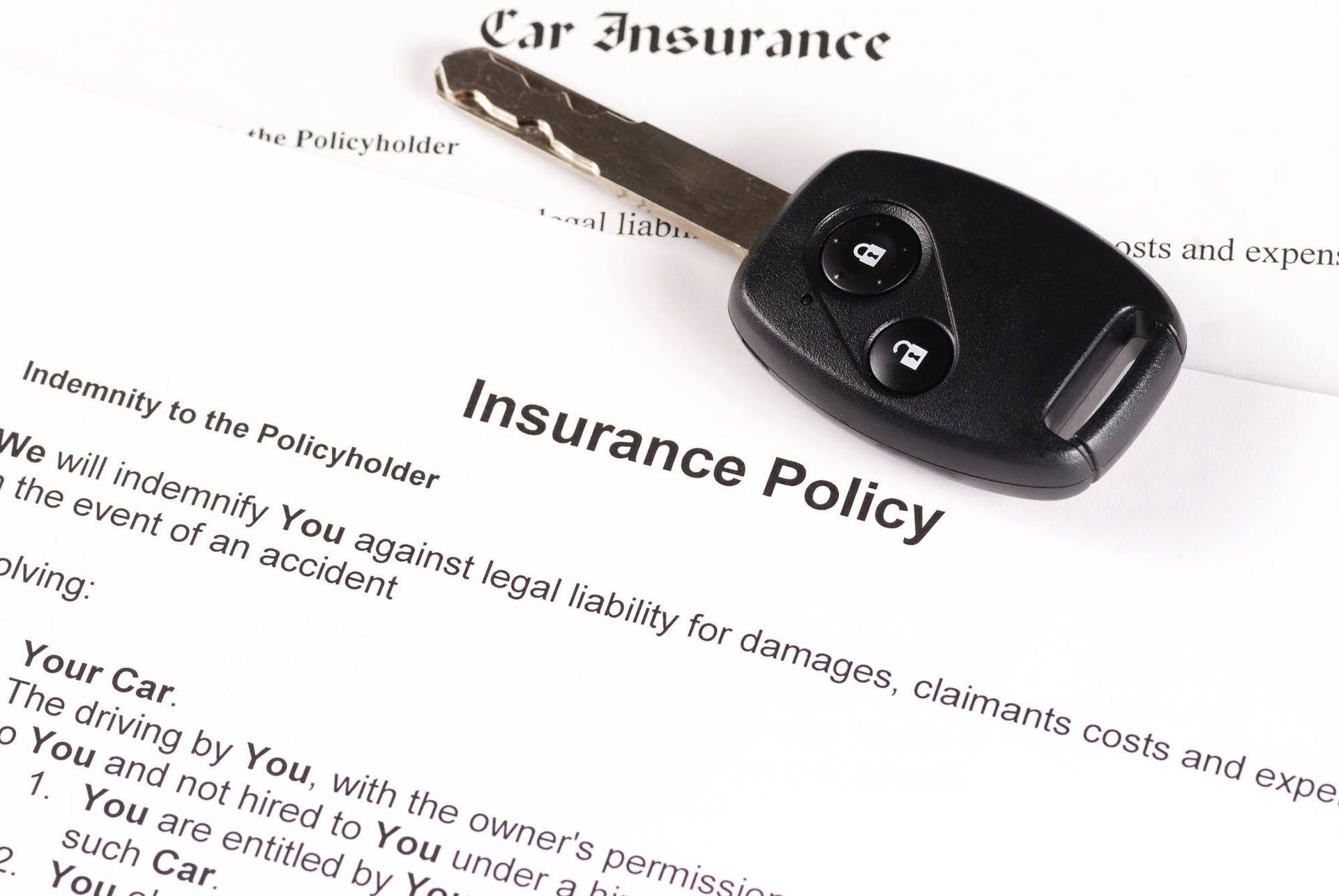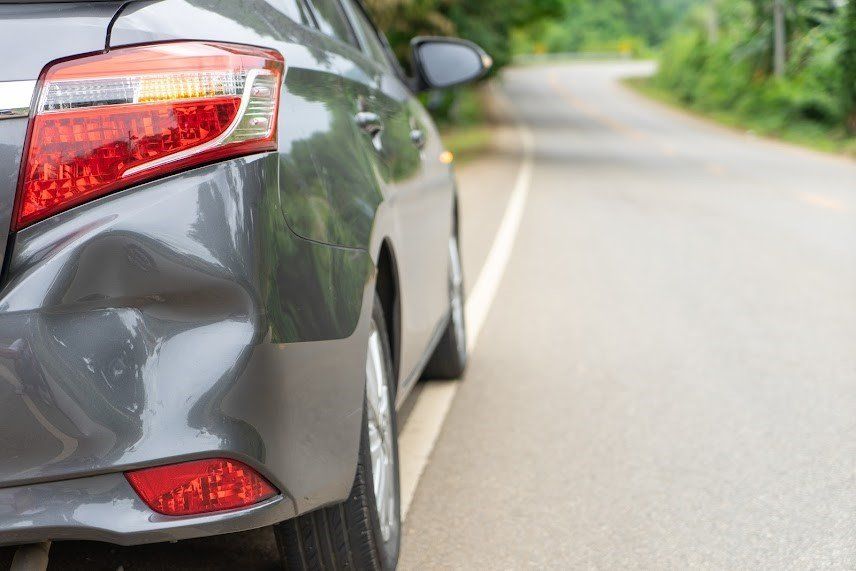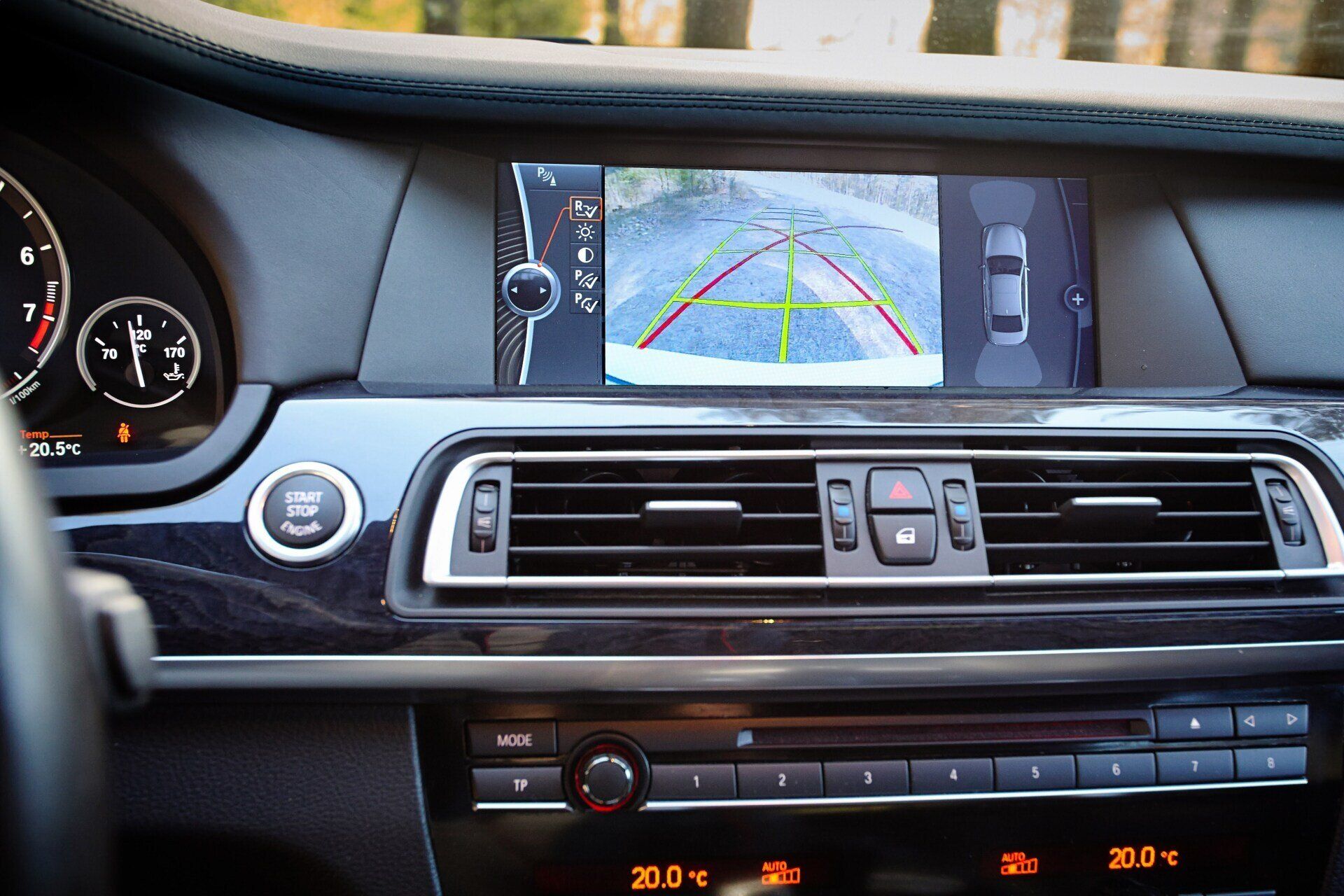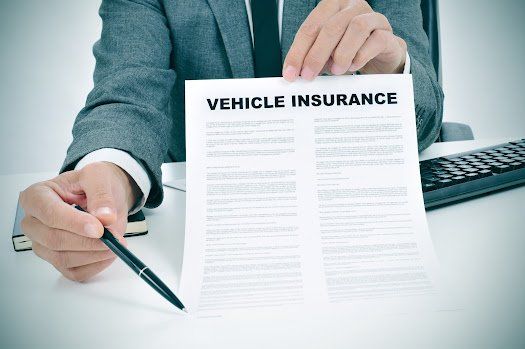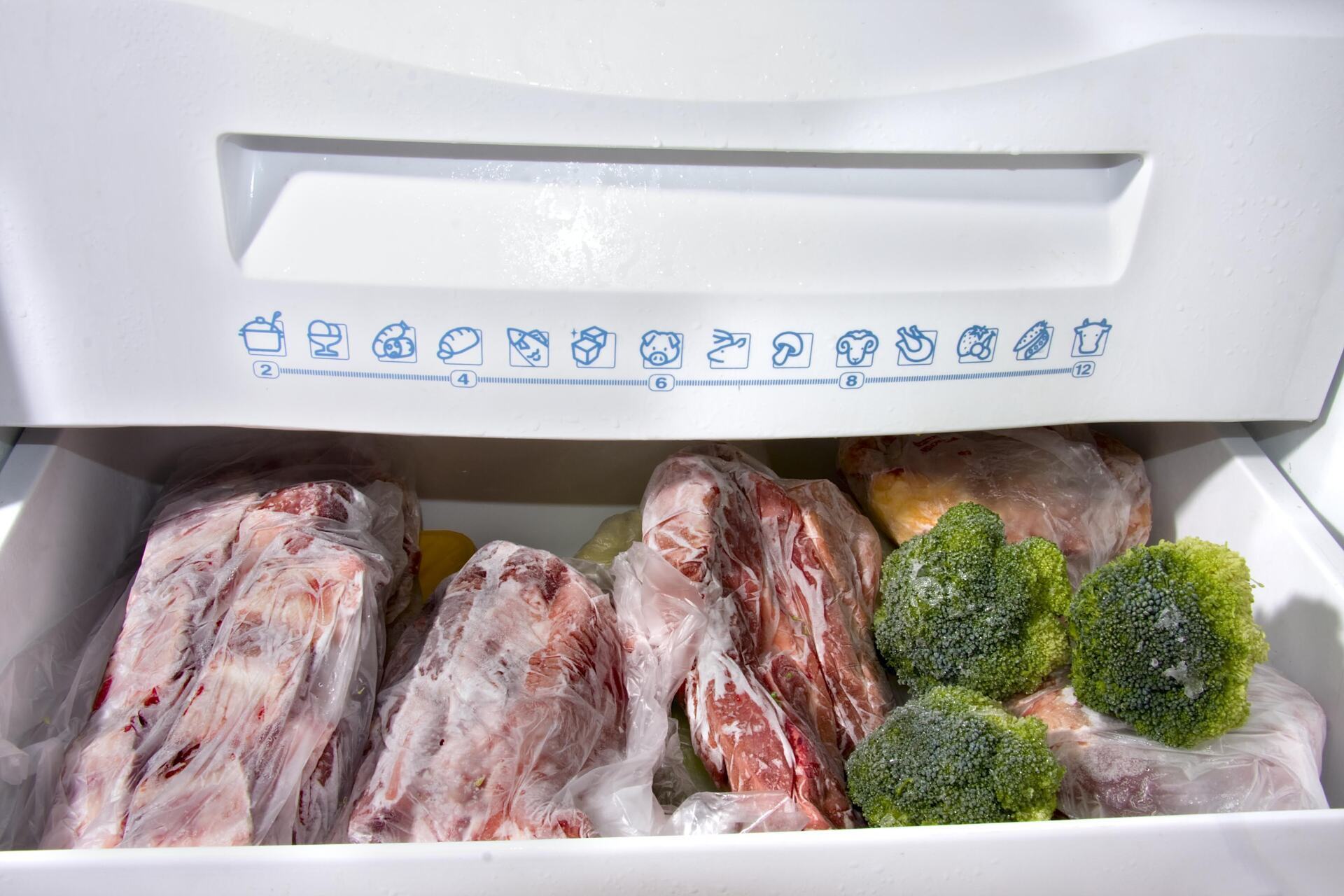Types of Car Insurance Coverage
- By Germain Insurance Agency
- •
- 27 Jun, 2022
- •
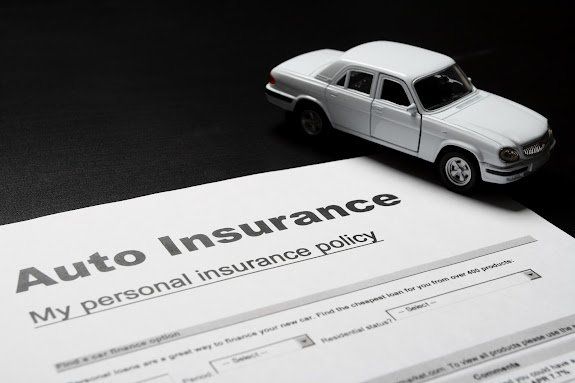
Almost all states in the US require drivers to carry valid car insurance. Car insurance may cover you against loss, damage, or injuries to yourself, your vehicle, and third-party liabilities. Depending on the car insurance coverage, it can cover your car against fire, theft, floods, and storm damage. Thus, you need auto insurance to prevent financial loss from medical expenses, repair costs, or compensation in case of an accident.
Whether you just bought a car, your insurance has expired, or you want to change your provider, shopping for auto insurance can be overwhelming. Besides the numerous insurance providers, you'll also come across various types of auto coverage. This coverage determines the level of protection you have. Depending on where you live, some coverage can be mandatory while others are optional.
To pick the right car insurance coverage for your situation, you need to know your state's requirements and what each coverage involves. Check out the common types of car insurance coverage below.
Liability Coverage
Liability coverage is mandatory in most states. This policy covers damages or bodily injuries to a third party and their property. Thus, if you cause an accident that injures, causes death, or destroys another person's property, the liability passes to the insurer. The insurer will cover any cost arising to the victim or their loved ones resulting from the accident, such as medical expenses, repair costs, funeral expenses, legal fees, and compensation.
Without this coverage, you risk covering all these costs out of pocket. Also, liability insurance doesn't cover any injuries or damages to you or your car. Talk to a reputable auto insurance provider about coverage for you, your vehicle, and third parties.
Collision Coverage
Collision coverage covers you against the cost of repairing or replacing your car in a crash with another vehicle. Also, this coverage covers damage if your car rolls over or you hit objects such as guard rails, fences, trees, or utility poles. However, the collision coverage covers only your car and doesn't apply to the other driver's vehicle.
While this type of coverage is optional in most cases, it offers peace of mind knowing you have financial protection against such damage to your car. Insure yourself with a reputable insurance company that won't deny you the compensation.
Comprehensive Coverage
Comprehensive coverage protects drivers against losses and damages not related to a collision. This coverage covers numerous losses such as damage from floods, hail, vandalism, fire, natural disasters, explosions, animals, and more.
However, the coverage doesn't cover damage to your car or another person's car after a collision. Also, it doesn't cover medical bills for you and your passengers or other drivers and their passengers.
Comprehensive insurance is optional but can be a requirement if you're financing or leasing a vehicle. Confirm your insurer offers this coverage, and add it to your policy for financial peace of mind.
Medical Coverage
If you're involved in an accident, medical coverage will cater for all medical expenses for you, your passengers, or even pedestrians. This coverage covers hospitalization, doctor visits, X-rays, surgery, therapy, and other health bills. The coverage will apply regardless of who is at fault in a crash.
However, medical payment insurance has a limit. Thus, if you take the coverage, it will have a cap on the amount of money the insurer will pay for medical expenses in the event of a crash. Consult a licensed insurance agent if you're unsure of the limit you should take in your medical payment coverage.
After finding the best coverage to fit your needs, make sure you pick a reputable car insurance company. If you're looking for auto and/or home insurance in Minnesota, Germain Insurance Agency has you covered. Contact us today to learn about our wide range of insurance products.


